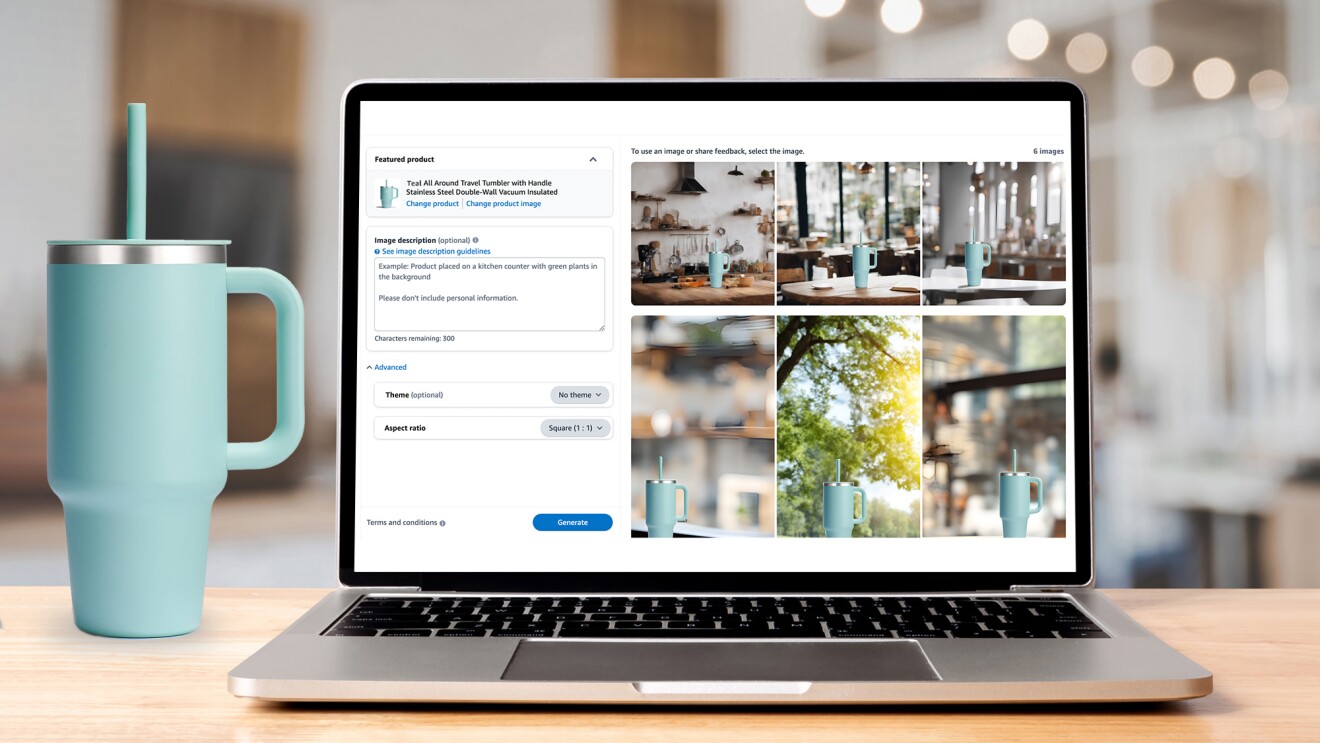The U.S. Department of Veterans Affairs estimates that approximately 17 military veterans die by suicide each day. That rate is 50% higher than that of non-veteran adults. Harvard University’s Nock Lab, Amazon Web Services (AWS), and RallyPoint—a social media platform designed for the broader U.S. military community—have been working together to tackle this challenge. Now AWS and RallyPoint have built a machine learning model that can quickly analyze public posts on the RallyPoint platform and help determine whether there is an indication of self-harm.
Since its founding in 2012, RallyPoint has provided an online user experience focused on military service members, veterans, families, caregivers, and survivors to help them lead more successful and fulfilling lives. Working closely with the Department of Veterans Affairs, RallyPoint connects nearly 2 million service members, veterans, and their families, providing them with a platform to discuss military and veteran life, share information, ask questions, and exchange stories. RallyPoint has also made it a priority to use its platform to enable its members to find and select helpful resources, including critical mental health and suicide prevention information.
Although they make up a small percentage of the discussions on RallyPoint, members occasionally post about the presence of self-injurious thoughts and behaviors (SITB). Developing a way to quickly and accurately sift through user posts is a priority for RallyPoint, which is now turning to technology to quickly discover public posts that indicate a high risk of self-harm. In order to speed the discovery of these important posts, RallyPoint began working with mental health experts at Harvard University and the Amazon Machine Learning (ML) Solutions Lab, which pairs customers with AWS's ML experts to help identify and build ML solutions to address a critical business need.
The Amazon ML Solutions Lab collaborated with RallyPoint to build a machine learning model using Amazon SageMaker trained with anonymized public posts. Then, mental health experts at Harvard helped refine the model by annotating additional posts using Amazon SageMaker Ground Truth in order to continuously improve the accuracy of the predictions made by the model. This system of human review is known as a human-in-the-loop system, and helps improve the model's accuracy by incorporating human judgment into the application to ensure higher quality predictions over time. The solution has been designed to protect RallyPoint user privacy, using only anonymized public posts.
So far, the early pilot is proving successful. The machine learning model is helping to quickly surface sensitive public posts to RallyPoint and Harvard teams, while reducing the amount of manual review needed to enable a potentially life-saving intervention. RallyPoint and Harvard will continue to further refine the model and content (e.g., mental health programs, hotlines, and support groups) to surface to users in the coming months. RallyPoint is also gathering feedback from its members to inform this process.
"Suicide is a public health emergency facing our nation. Sadly, our veterans are at high risk—often because of the sacrifices they have made to protect our freedoms," said Dr. Barbara Van Dahlen, executive director of the President's Roadmap to End a National Tragedy of Suicide (PREVENTS) Task Force. "Because suicide is not just a concern for our veterans, it’s critical that leading veteran and non-veteran organizations partner in order to ensure that everyone is protected against this very real threat. This type of whole of nation approach exemplifies the strategy the White House and the Department of Veterans Affairs believe is necessary to accomplish our shared mission to prevent suicide. We thank RallyPoint, AWS, and Harvard for the meaningful work they are doing to save lives, now more than ever before."
"We have been studying suicide for a hundred years, but unfortunately, suicide rates remain high. One reason for this is that most people who are feeling suicidal don't seek out traditional mental health care," said Professor Matthew Nock, Ph.D., Chair of Psychology, Harvard University. "We believe that the use of technology can help revolutionize the prevention of suicide, allowing us to identify and provide resources to people in real-time, when they're experiencing distress. It is exciting to work so closely with RallyPoint and AWS as we've found that the people behind these technology companies are as passionate about addressing this challenge as we are, and we can think of no better population to serve in these efforts than those who have served our country."
This new mechanism to deliver resources to those in need will be an additional resource that RallyPoint offers to its members. This includes intervention that happens on the platform currently by RallyPoint member administrators as well as making resources available on the platform in partnership with Cohen Veterans Network and the National Center for Veterans studies. All these programs and peer-to-peer interactions are curated and shared in RallyPoint's Wellness Hub.
"RallyPoint has nearly 2 million members of the broader military community who look to each other for camaraderie, mentorship, and assistance throughout their life journeys," said Dave Gowel, military veteran and CEO of RallyPoint. "As the technology provider of the platform facilitating these interactions, we believe it is our responsibility to make it easier for our members to navigate the sea of goodwill when they publicly share that they have a problem they seek to solve. I can think of no better approach for us to support our community than to work with AWS and experts from Harvard to use technology to help save the lives of those warriors who want help."
AWS is committed to using its technology to help customers, employees, and our communities. In addition to RallyPoint, AWS is supporting a number of customers who are providing helpful mental health tools and resources including mediation app Headspace, mental health app Ginger.io, and online therapy platform TalkSpace.
Visit the PREVENTS website for mental health and suicide prevention resources for veterans.
Trending news and stories








